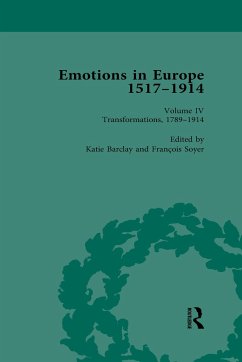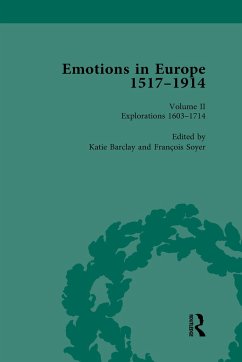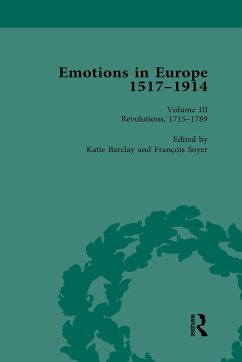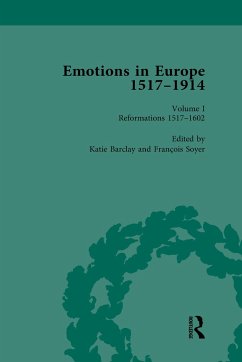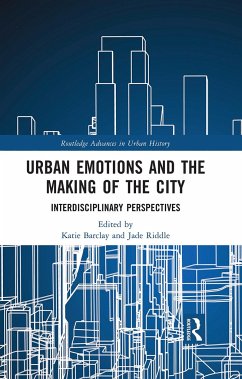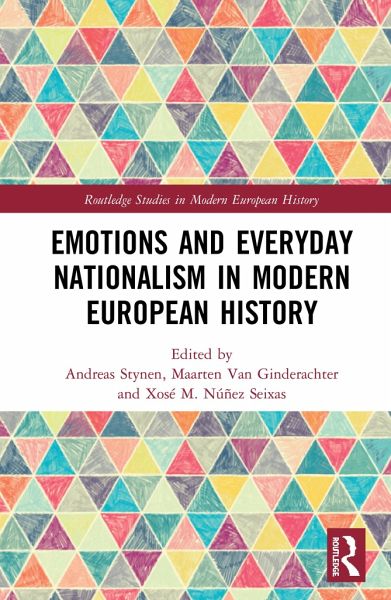
Emotions and Everyday Nationalism in Modern European History
Versandkostenfrei!
Versandfertig in 1-2 Wochen
140,99 €
inkl. MwSt.
Weitere Ausgaben:

PAYBACK Punkte
70 °P sammeln!
This volume examines how ideas of the nation influenced ordinary people by focusing on their affective lives. Using a variety of sources, methods and cases, ranging from Spain during the age of Revolutions to post-WWII Poland, it demonstrates that emotions are integral to understanding the everyday pull of nationalism on ordinary people.








